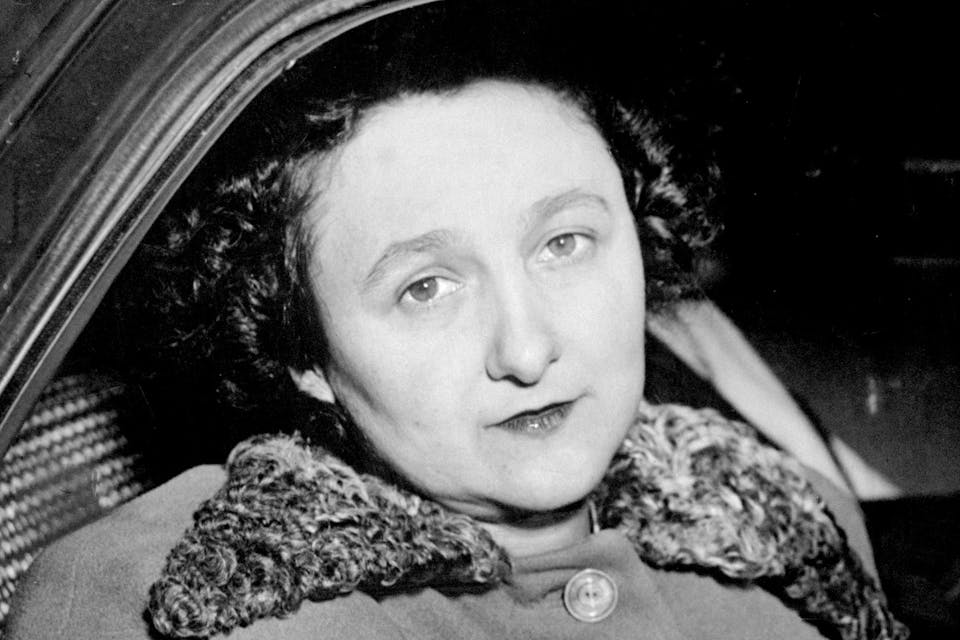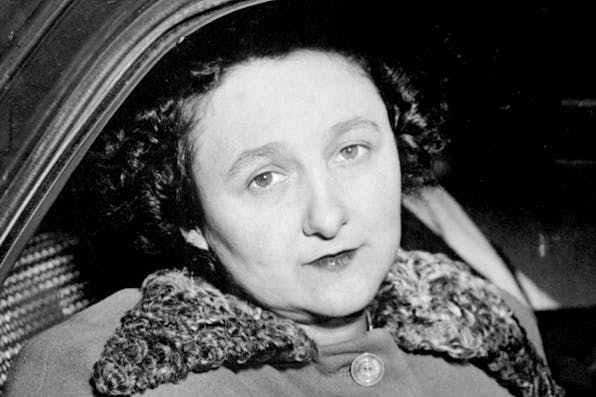
October 28, 2021
Ethel Rosenberg’s Mythic Innocence
The author of "The Eternal Return of Ethel Rosenberg" joins us for a discussion about his subject's unending—and false—air of innocence.
If you’ve heard about the case against Ethel and Julius Rosenberg, you’ve probably heard about it spoken of in stridently critical tones: as an expression of McCarthyite excess, as an expression of American anti-Semitism, as a miscarriage of justice that reveals just how broken the American judiciary really is. The trial was convened in March 1951, and Ethel and Julius Rosenberg were found guilty of conspiracy to commit espionage for transmitting atomic secrets to the Soviet Union. The next month, they were sentenced to death and were finally executed by electrocution in June 1953. Some 70 years later, the idea that Ethel Rosenberg was improperly and unfairly convicted persists. In June of 2021, the British writer Anne Sebba published a new biography of Ethel Rosenberg, subtitled An American Tragedy. In it, she concludes that Ethel Rosenberg was a “profoundly moral woman . . . who betrayed no one.”
This month at Mosaic, the distinguished historian of American Communism and Soviet espionage in the United States, Harvey Klehr of Emory University, argues that Sebba’s recreation of Rosenberg’s life and of the trial that convicted her ignore evidence in order to sustain a fable about Ethel Rosenberg’s moral decency. In response, Klehr argues in his critique that there is a fundamentally deeper critique than the legal one, meeting Sebba’s contention on moral grounds. For Klehr demonstrates that Ethel Rosenberg did in fact betray her younger brother, helping to recruit him for espionage, and she betrayed her children and her country too.
To discuss the essay, we convened Klehr and Jonathan Brent, executive director of the YIVO Institute for Jewish Research and previously the editorial director at Yale University Press, where he founded the Annals of Communism Series. Together with moderation by Jonathan Silver, Mosaic‘s editor, the two examined how and why the myth of Ethel Rosenberg’s innocence has become so untethered from evidence of her guilt. Watch the discussion, or read a transcript, below.
